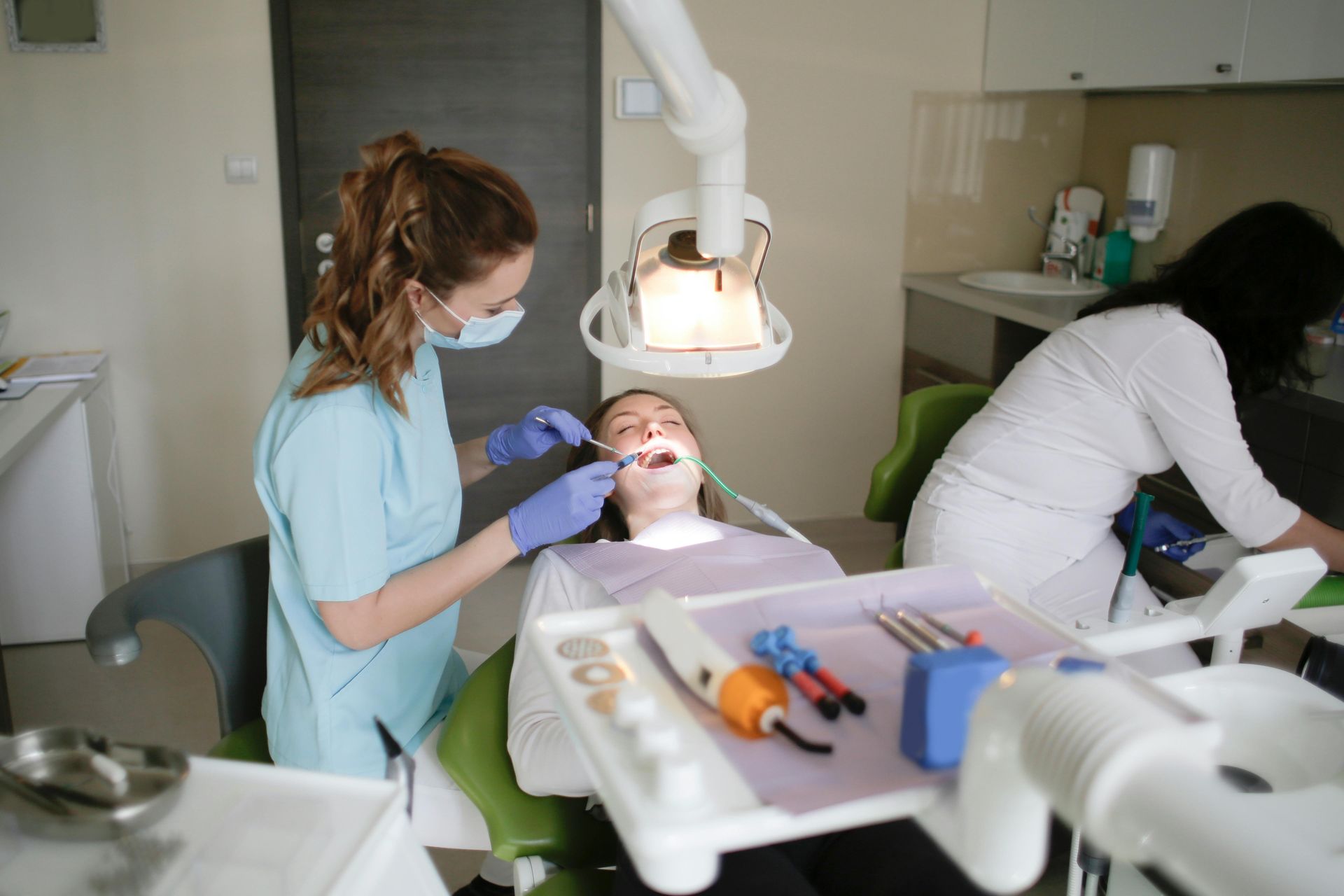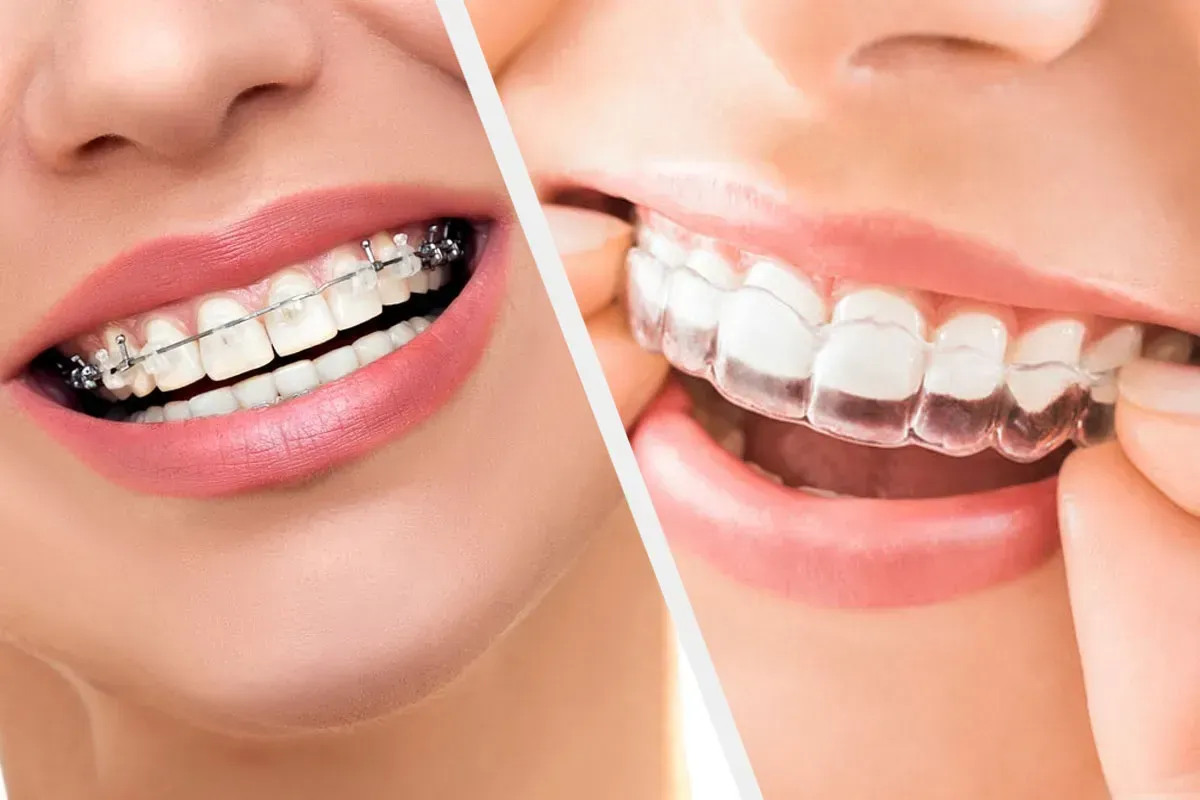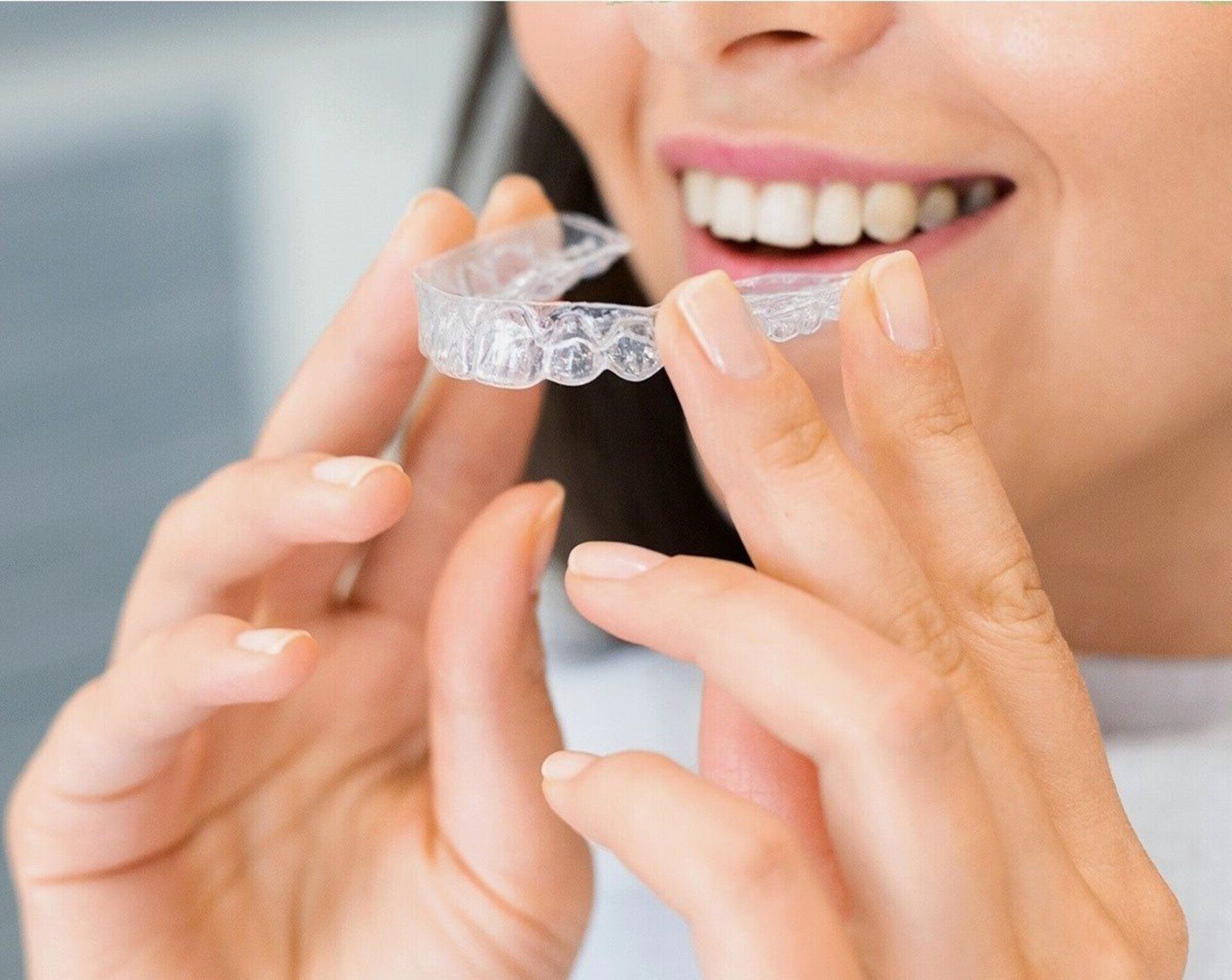The Ultimate List: Foods That Sabotage Your Dental Health
The Impact of Diet on Oral Hygiene
Maintaining a healthy diet is crucial for oral health, which in turn is essential for a perfect smile. Acidic foods can erode tooth enamel over time, weakening teeth and making them more susceptible to decay. Citrus fruits, while packed with vitamin C, are also acidic and should be consumed in moderation. Healthy teeth also rely on avoiding sugary foods and drinks that promote the growth of harmful bacteria, increasing the risk of tooth decay and gum disease.
Sticky foods, including sticky candies, may adhere to teeth longer, making it difficult for saliva to wash away food particles. Likewise, starchy foods that turn into simple sugars in the mouth can contribute to plaque buildup. Saliva production is essential for maintaining strong teeth and a healthy smile, as it neutralizes acids and helps clean teeth.
Sports drinks, often consumed for hydration, can be deceitful as many contain high levels of sugar and acid, posing a hidden threat to dental health. Conversely, fresh fruits and vegetables stimulate saliva and serve as healthier alternatives for oral hygiene, contributing to strong, beautiful pearly whites. Regular visits to a professional dental care provider are imperative to ensure dietary habits are supporting, not undermining, your journey to a perfect smile.
Sugary Foods: The Sweet Saboteurs
Maintaining a beautiful smile extends beyond regular brushing and flossing; it also involves being mindful of what we consume. Sugary foods are notorious culprits in compromising dental health. When sugar is consumed, it interacts with the bacteria within the plaque to create harmful acids. These acids are detrimental to tooth enamel, the protective exterior surface of teeth. Over time, this leads to tooth decay, a common factor undermining strong teeth and a healthy smile.
The persistent exposure to sugary substances can reduce saliva production, which is essential for neutralizing acids and washing away food particles. Moreover, sticky candies, which adhere to the teeth, exacerbate the risk of tooth decay by prolonging the teeth's exposure to sugar.
As part of a healthy diet for oral health, it's recommended to limit the intake of sugary foods and opt for healthier alternatives, like fresh fruits, that contribute to keeping teeth healthy. Regular visits to a professional for teeth cleanings can also help maintain your pearly whites. By making informed dietary choices, you can ensure your smile remains vibrant and strong.
Soda: A Fizzy Threat to Your Teeth
Soda, often a go-to refreshment, poses a significant threat to dental health, primarily due to two main factors: sugar and acidity. The sugar content in soda contributes to the formation of plaque, which can lead to tooth decay. These sugary environments allow bacteria to thrive, producing harmful acids that attack tooth enamel.
The acidity of soda, even in sugar-free options, undermines dental health by eroding the protective layer of tooth enamel over time. This can result in weakened tooth structure and heightened sensitivity. The double jeopardy of sugar and acids makes soda a serious concern for those aiming to maintain strong teeth and a beautiful smile.
Limiting soda intake can prevent dental issues and promote healthier alternatives for oral health. Alongside reducing consumption, maintaining oral hygiene through regular brushing and flossing, and seeking professional dental advice can help mitigate the risks posed by these fizzy beverages. For a healthy diet that aligns with a healthy smile, fresh fruits and water are recommended over acid-laden sodas. Regular visits to the dentist also play a vital role in catching and addressing any early signs of tooth decay or gum disease.
In summary, to safeguard your pearly whites and ensure a perfect smile, it's advisable to steer clear of the fizzy threat that soda represents to your dental health.
Candy: The Hidden Dangers of Sticky Treats
When it comes to maintaining a beautiful smile and strong teeth, it's essential to watch out for specific types of food that can undermine dental health. One of the prime culprits in this category is candy, especially sticky varieties, which can prove particularly harmful to our pearly whites.
Sticky candies cling to teeth surfaces and crevices, making it challenging for saliva to wash away the sugary residue. This prolonged exposure increases the risk of tooth decay as the sugar feeds harmful bacteria in the mouth that produce acids, leading to enamel erosion over time.
Starches found in sticky candies also aid in creating a harmful acidic environment that attacks tooth enamel. Given their texture, these treats can also pull at dental work, risking damage to professional teeth procedures such as fillings or braces.
For those wishing to preserve their oral health and maintain a healthy smile, it's advisable to limit consumption of sticky candies and instead, opt for healthier alternatives. Fresh fruits can be an excellent substitute to satisfy sweet cravings without endangering dental health. Moreover, promoting saliva production by chewing sugar-free gum can also help neutralize harmful acids and clear food particles, supporting overall oral hygiene.
Establishing a healthy diet and committing to regular visits to dental care professionals are solid steps towards preventing dental issues and ensuring a healthy, beautiful smile.
Acidic Foods: Enamel Eroding Enemies
Maintaining a beautiful smile and strong teeth significantly depends on your dietary choices. Acidic foods pose a substantial threat to dental health. When consumed in excess, these foods can weaken tooth enamel, the hard outer shell that protects your teeth. Once tooth enamel is damaged, it does not regenerate, leading to increased risk of tooth decay and other dental issues.
Common acidic culprits include citrus fruits like lemons, oranges, and grapefruits, as well as vinegar-based products and some berry varieties. Even tomatoes and tomato-based sauces can be enamel eroding enemies. Acid reflux and certain medications can also introduce harmful acids to the mouth, enhancing the erosion process.
A healthy diet with pH-neutral or less acidic foods can protect your pearly whites. After consuming acidic foods, rinse your mouth with water to neutralize acids and promote saliva production, which helps to wash away food particles and counteracts the acidity. Regular visits to a dental professional are crucial to maintaining oral health and catching potential problems early.
Foods to Limit for Enamel Health:
- Citrus Fruits
- Vinegars
- Berries (certain types)
- Tomato-based Sauces
Citrus Fruits: A Double-Edged Sword
Citrus fruits, such as oranges, lemons, and grapefruits, are celebrated for their high vitamin C content and numerous health benefits. However, when it comes to dental health, they can be a double-edged sword. These fruits contain citric acid, which can be harsh on tooth enamel over time. Enamel is the outer protective layer of the teeth, and once it's eroded, it does not regenerate, potentially leading to sensitivity, cavities, and other dental issues.
Although citrus fruits are good for overall health, it is crucial to consume them in moderation to maintain a healthy smile. Experts suggest several ways to counteract the effects of the acids:
- Drink water or rinse your mouth after consuming citrus to help wash away the acid and increase saliva production.
- Wait at least 30 minutes before brushing to prevent brushing the acids into the teeth.
- Use a straw to minimize contact with teeth when drinking citrus juices.
Maintaining oral health is essential for a perfect smile, and paying attention to how you consume citrus fruits is part of that process. These precautions can help you continue to enjoy these fresh fruits while keeping your teeth healthy and strong.
Vinegar-Based Foods: Treading on Tooth Enamel
Vinegar-based foods, while often celebrated for their flavor and potential health benefits, can tread heavily on tooth enamel, a critical component of dental health. The acidic nature of vinegar can erode this protective layer, making teeth vulnerable to decay, sensitivity, and discolouration.
To maintain a healthy smile and promote strong teeth, it is important to manage the consumption of these acidic foods. Enamel erosion occurs over time, and once it is lost, the body cannot regenerate it. This can lead to dental issues such as tooth decay and gum disease, compromising oral health.
In the spirit of preserving pearly whites, when consuming vinegar-based foods, it's advisable to:
- Limit their frequency.
- Rinse the mouth with water after indulging.
- Wait before brushing to prevent further abrasion on softened enamel.
- Consider healthier alternatives that are less acidic.
- Stimulate saliva production with fresh fruits that can neutralize harmful acids.
- Maintain regular visits to a dental professional to monitor oral hygiene.
By understanding the risk of tooth decay tied to consuming vinegar-based foods, individuals can make informed choices to protect their enamel over time and keep their teeth healthy for a beautiful smile.
Hard Candies: Potential Crackers of Teeth
Hard candies might seem like a harmless treat, but they pose a considerable risk to maintaining a perfect smile. The prolonged exposure to sugar that occurs while sucking on hard candies promotes tooth decay by allowing harmful bacteria to feed and produce damaging acids. Indeed, all sugary foods contribute to this problem, but with hard candies, the duration of sugar exposure is prolonged, significantly increasing the risk of tooth decay.
This extended sugar exposure also encourages the buildup of plaque, which can lead to gum disease, a factor known to compromise oral health. Moreover, biting down on hard candies can result in chipped or cracked teeth, which not only affects dental health but might necessitate professional teeth intervention to repair.
In general, minimizing the consumption of hard candies is advisable for those striving for a healthy smile. Encouraging saliva production by eating fresh fruits rather than opting for sticky candies can also help neutralize acids and wash away food particles, contributing to stronger and healthier teeth. Prioritizing a healthy diet and practicing regular visits to the dentist are key for maintaining pearly whites.
To sum up:
- Prolonged sugar exposure from hard candies
- Increased risk of tooth decay and gum disease
- Potential for chipped or cracked teeth
- Healthier alternatives include fresh fruits
- Regular dental visits are crucial for a beautiful smile
Coffee and Tea: Caffeine's Staining Power
Maintaining a beautiful smile requires being mindful of the foods and drinks we consume. Coffee and tea are widely enjoyed beverages, but their high caffeine content, combined with natural pigments called tannins, can lead to teeth stains. Over time, the enamel - the hard, protective layer of our teeth - can absorb these tannins, resulting in a less than perfect smile.
To combat staining while still enjoying these beverages:
- Limit Consumption: The less you drink, the lower the risk of staining.
- Use a Straw: Particularly for iced coffee or tea to bypass the teeth.
- Rinse or Brush: After drinking, rinse your mouth with water or brush your teeth to remove tannins.
- Regular Cleanings: Professional cleanings can help remove surface stains.
Remember, oral hygiene is paramount, so balancing your love for coffee and tea with care for your dental health is essential for a long-lasting, healthy smile.
Alcohol: Dehydration's Effect on Oral Health
Alcohol consumption can have a significant impact on oral health, primarily because of its dehydrating effect on the body. When the body is dehydrated, there is a reduction in saliva production. Saliva plays a crucial role in oral health as it helps to wash away food particles, neutralize harmful acids, and prevent tooth decay and gum disease. Without adequate saliva, the risk of dental issues rises.
Additionally, many alcoholic beverages contain sugar and acids, which can further erode tooth enamel over time. When enamel is weakened, it can lead to cavities and compromises the integrity of strong teeth, which are essential for a healthy smile. Chronic alcohol use can also lead to a higher probability of developing oral cancer.
Maintaining a healthy diet, regular visits to dental professionals, and good oral hygiene can help mitigate the effects of alcohol on oral health. Incorporating healthier alternatives like fresh fruits that stimulate saliva production can also support keeping your teeth healthy and maintaining a beautiful smile. It is crucial to stay hydrated and manage alcohol intake to protect your pearly whites and ensure a lifetime of vibrant dental health.
Conclusion: Protecting Your Smile Through Diet
Maintaining a beautiful smile goes beyond daily brushing and flossing; it extends to the foods and beverages we consume. Acidic foods and drinks, like citrus fruits and sports drinks, can wear down tooth enamel over time, increasing the risk of decay and compromising oral health. Sticky foods such as sticky candies can cling to teeth, prolonging exposure to harmful acids and contributing to dental issues.
Sugary foods and starchy foods, on the other hand, can bolster bacteria in the mouth, leading to plaque buildup and gum disease. Regularly consuming these may also reduce saliva production, which is vital for washing away food particles and keeping teeth healthy.
To protect your pearly whites, opt for healthier alternatives such as fresh fruits and vegetables that stimulate saliva flow and neutralize acids. Strong teeth are supported by a healthy diet rich in calcium and phosphorus, elements crucial for rebuilding enamel.
Embrace oral hygiene practices and make regular visits to a professional for teeth cleaning and check-ups. By avoiding the foods that pose a risk to dental health, you can maintain a healthy smile and reduce the need for dental interventions.
In summary, to keep your smile perfect, consider your diet carefully and limit the intake of foods that can negatively impact your tooth enamel and oral health.
At Wexford Dental we offer only what you need dentistry in Scarborough. Call us today at 416-222-82-96 for a general review to discuss the best procedure for you.












